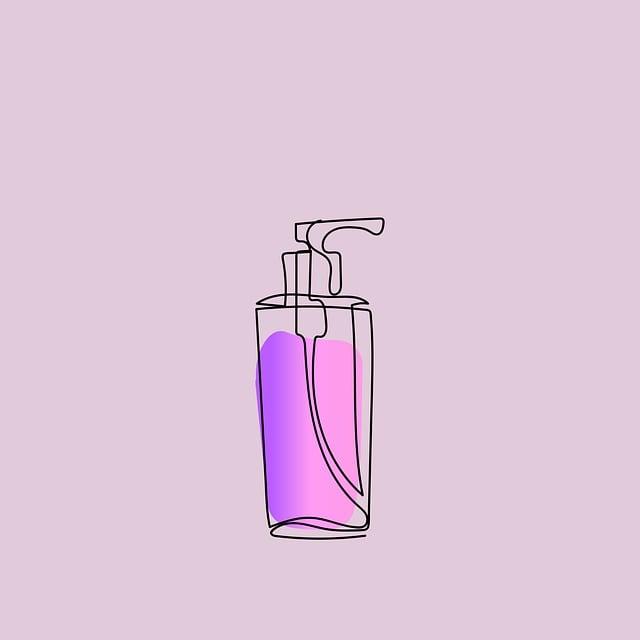In a world where beauty is often equated with perfection, the allure of luxurious skincare products is undeniably tempting. Glossy ads and celebrity endorsements have convinced us that the secret to radiant skin lies in high-end creams and serums with price tags as extravagant as their promises. But what if the truth behind these opulent concoctions is not as flawless as their packaging? In this eye-opening exploration, we peel back the layers of marketing mystique to reveal the startling reality about the expensive skincare products you’re investing in. Prepare to challenge everything you thought you knew about beauty, as we uncover the shocking truth that could revolutionize your skincare routine—and your wallet.
Unveiling the Hidden Ingredients: What Luxury Brands Don’t Want You to Know
In the world of luxury skincare, where price tags often dictate the perceived quality, it’s time to unveil the secrets that high-end brands have skillfully kept under wraps. Many expensive products boast exclusive ingredients, but a closer inspection reveals that some of these luxurious creams and serums share more in common with their drugstore counterparts than you might think. While the allure of an opulent jar may be tempting, the actual content often includes standard ingredients that are inexpensive to produce.
- Water: Yes, the same H2O that flows from your tap is often the primary ingredient.
- Mineral Oil: Widely used in cheaper products, yet it finds its way into many luxury formulas.
- Parabens: Preservatives that are inexpensive and controversial, but still prevalent.
- Fragrance: Added for sensory appeal, but can be irritating and offers no skin benefits.
It’s crucial to scrutinize the label rather than the brand name. Expensive doesn’t always mean better, and understanding the commonalities between luxury and budget-friendly options can empower you to make more informed decisions about your skincare investments. The next time you’re swayed by a high price tag, remember that the true value lies in the effectiveness and suitability of the product for your skin, not its luxury branding.

The Science Behind the Hype: Are You Really Getting What You Pay For
Many high-end skincare products boast cutting-edge technology and exotic ingredients, but how much of this is truly transformative versus just clever marketing? Let’s delve into the scientific claims behind these luxurious formulations. Often, the effectiveness of a product hinges on a few key factors: the concentration of active ingredients, their stability, and how well they can penetrate the skin barrier. For instance, vitamin C is celebrated for its anti-aging properties, but it must be in a stable form and at an optimal concentration to be effective. Unfortunately, not all pricey products meet these criteria.
Here’s what to look for when evaluating whether you’re getting your money’s worth:
- Ingredient List: Check if active ingredients are listed at the top, indicating higher concentration.
- Packaging: Light and air exposure can degrade certain components, so choose products in opaque, airtight containers.
- Scientific Backing: Look for products backed by clinical studies, not just anecdotal evidence.
Remember, expensive doesn’t always equate to effective. Understanding the science helps you make informed decisions and avoid falling prey to marketing gimmicks.

Smart Skincare Investments: Affordable Alternatives for Radiant Results
While luxury skincare products often boast exotic ingredients and promises of miraculous results, the truth is that effective skincare doesn’t have to break the bank. Many affordable alternatives offer similar benefits without the hefty price tag. The key lies in understanding what your skin truly needs and recognizing that the price of a product doesn’t always correlate with its efficacy. By investing in products that contain essential ingredients such as hyaluronic acid, retinol, and vitamin C, you can achieve radiant skin without the financial strain.
- Hyaluronic Acid: Found in many budget-friendly serums, it hydrates and plumps the skin, reducing the appearance of fine lines.
- Retinol: This powerful anti-aging ingredient is available in affordable creams and helps to accelerate skin renewal and improve texture.
- Vitamin C: Known for its brightening properties, it can be found in reasonably priced serums that help to even out skin tone and reduce dark spots.
Consider exploring drugstore brands or lesser-known companies that prioritize quality ingredients over fancy packaging. Often, these products are developed by dermatologists or skincare experts who focus on efficacy rather than marketing. By making smart skincare investments, you can enjoy radiant results without the shock of a hefty bill.




